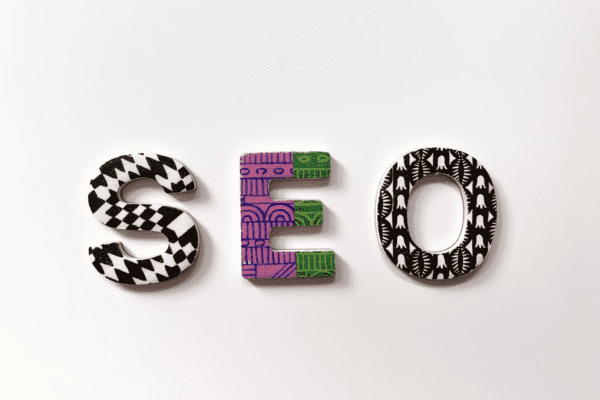What if we were to tell you that there are more insightful SEO metrics than rankings that you need to keep your eyes on? How about metrics that will help you to grow your business, attract a higher-quality of customers, and increase your brand awareness?
Organic Growth
One of the best ways to understand whether your SEO agency is cutting the mustard is to look at your organic growth. And yes, organic growth generally comes from obtaining higher rankings in the SERPs, but what we’re trying to move away from is the thought that “Hey! I rank number one in Google for this keyword!” when perhaps that query brings you zero traffic. Think outside of rankings and look at measurable KPIs instead.
New Visitors
Measure the volume of new visitors that you acquire through your organic channels. Ideally, you’ll want to see growth on a month by month basis.
An important consideration to make is the percentage increase in new visitors from branded and non-branded search terms. For example, if your organic traffic and new visitors is increasing, but the majority percentage is from branded terms, that could be attributed to an increase in brand awareness from a different campaign. Measuring non-branded terms and looking for an increase is the best way to measure your optimization work.
While we’re on the subject of visitors, keep an eye on the percentage of new vs returning visitors. Ideally, you want a fairly even mix of both new and returning traffic to your website. This shows that you’re able to acquire new users (win!) and produce an experience that makes people want to return (double win!).
Engagement
Engagement metrics measure how users are interacting with your website. For SEO to be working in full force, you can expect to see growth in the following areas.
Click-through rate (CTR)
The number of click-throughs to your website has a direct effect on your ability to rank. This has been confirmed by Google and on this great blog post by Moz.
When you’re optimizing a website, CTR is an important metric to measure because it will clearly tell you whether your meta copy is bringing users to your website or not. If certain pages have a low CTR, this is a sure-fire sign that the copy associated with your site and viewable by the user in the SERP (title tag and meta description) is in need of a refresh.
Time on page
This is a fantastic metric to measure and understand how well users are engaging with your content. For example, you have a long-form blog post that takes eight minutes to read, but your average time on page for that URL is only two minutes. This is a signal that the page in question needs to be more engaging and optimized better.
Time on page is also linked to search intent. Look at what terms users are searching for when they land on that page. Are you providing the user with content that they really need?
Pages per visit
This key SEO metric shows you how many pages a user visits during one session. Generally, the higher the figure, the more engaging and compelling your copy is. This coupled with a strategized internal linking plan will help to increase this metric.
Sales and Leads
You’re getting a tonne of quality organic traffic to your website – good for you! But, how many of these users are converting into customers?
Actively measure the number of sales, downloads, and leads that you acquire from organic traffic. Depending on your business type, this could be capturing emails, app downloads, business enquiries, checkout rates, or straight up the number of sales generated from organic traffic.
By actively measuring the number of conversions that your business acquires over a given time period, you can really see whether or not your optimization work is taking effect – after all, why else are you investing in SEO if it’s not to see a positive impact on your cash flow?
We’re here to help you with optimizing your website for organic search and conversions. Say hi to Method and Metric.

